We spoke with our associate member Politecnico di Milano‘s Design Department, about who they are and what they contribute to the Creative Industry in Italy and across borders.
Can you tell us a bit about the Department of Design of Politecnico di Milano and what your personal function there is?
The Department of Design of the Politecnico di Milano was born in 2001 and is part of the wider Polytechnic Design System, which is a pool of resources, skills, facilities and laboratories that is among the most well known in the world.
This system is composed by:
- the Milan Polytechnic School of Design which is focused on education (undergraduate and postgraduate courses)
- Poli.Design, the Consortium of Politecnico di Milano oriented to postgraduate and specialisation courses and the professional and international design world Department of Design
- The Design Department which is focused on R&D and PhD courses
Francesco Zurlo is Phd in industrial design and full Professor of Industrial Design at Politecnico di Milano in the courses of Product Design for Innovation, Product Service System Design, Fashion Design, with focus on Strategic Design, Design Management, Service Design and Furniture Design. He is also the Deputy Dean of the Design School, in charge of Research of the Design Department of Politecnico and the Director of the International Master in Strategic Design and of the Master of Interior Design and Management (which is held in China for Chinese students). Francesco is a member of ADI (Italian Association for Industrial Design), INDEX 2014-2016 curator (selection of the best products made in Italy). He was the director of POLI.Design Consortium of Politecnico di Milano, operating in the applied research and specialised education in the design fields from 2004 to 2009. In addition, he is a design consultant for new product development processes for large international companies and for SMEs. Francesco has authored numerous international publications about strategic design, service design, design management, design thinking and teaches annually in some Design Schools in Europe, Asia and South America.
, is an architect, PhD, Researcher and Assistant Professor at the Design Department of Politecnico di Milano since 2005. She is engaged in system-product design and strategic design in order to enhance territorial and cultural heritage, with research activities, teaching and planning. Director of the Course in Brand of Territorial Systems (http://www.polidesign.net/bst/) and coordinator, for the Polytechnic of Milan, of the Master in Planning Culture (http://www.polidesign.net/en/planning-culture) in Milan. Coordinator of the Departmental Research Centre called D4T – Design for Territories. Research Interests: Strategic Design, Design for Local Identities and Local Development, Strategic Brand Management, Service Design, Design for Cultural Heritage.
Carla Sedini, sociologist and PhD in Quality of Life in the information Society, has been working on the topic of CCIs since 2005. During her PhD she collaborated with the Rotman School of Management of the University of Toronto and the Martin Prosperity Lab with Richard Florida. She has been working at the Design Department of the Politecnico di Milano since 2011 as collaborator and Research Fellow. Carla has been working for the course of Brand of Territorial Systems, the Master of Interior Design and Management, the Master in Planning Culture, the Departmental Research Centre, called D4T – Design for Territories. Research Interests: Creative and Cultural Entrepreneurship, Design Management, Design of Options, Creativity as a lever for the territorial enhancement, Sociology for designers, Photography as a territorial knowledge tool.
When did Politecnico di Milano, Design Department decide to become a member of ECBN?
In 2013 we contacted Leo van Loon for a project aimed at promoting employment opportunities in the cultural and creative sector, through an international professional exchange. We wanted to involve the Creative Factory incubator, but Leo was already the presidency of ECBN which we found very interesting. After a meeting at the Global Entrepreneurship Congress in Milan our interest was piqued. We had the oppportunity to participate in 2015 ECBN summit in Bruxelles where we finally decided to find out more about becoming members of ECBN.
Your department offers exchange programs and is also part of many international networks. What would you say is generally the most important aspect of these exchanges?
We think that these activities of exchange are very important to favour the so called cross-fertilization both in terms of contents, tools and disciplines. The understanding and the knowledge of the “outside world” is very important for students and researchers who focus their activities on design topics.
How do you see the development of cultural and creative business in Italy? Is the work on a national and European level being encouraged by the government?
Cultural and Creative businesses have always been landmarks in Italy: design, fashion, arts, tourism, food…the so called Made In Italy. However, Italy has never recognised these activities as real economic sectors. Today they constitute about 5.4% of the Italian wealth and 5.9% of workers operate in these sectors. Problems emerged when we observe the internationalisation of CCIs. Italy is mainly characterised by MSMEs which sometimes don’t have skills or budget to focus on the internationalisation of their products and when we talk of culture the situation is even worse. We have a long story in culture and creativity but this is not enough to stay alive nationally nor to have to do with the international market.
The impression is that intervention are especially made at a Regional and European level. Instead, the national level is pretty lacking on this topic. The “weight for innovation” is usually left on the privates’ shoulders.
In September, the QS World University Rankings has chosen Politecnico di Milano as the best university in Italy. Congratulations! What would you say makes your university so special?
Thank you! Probably it is exactly what has been mentioned before: the fact that Politecnico has become a crucial centre for international excellence is very important. In addition to that, for us it is very important our location (Milan, and Lombardy in general): a specific social and cultural context, which is also a top level productive excellence. Local peculiarities with an international stance we think that can make a difference. We also work hard to get financings for research projects and we think that our mixed skills and composition in between humanistic and technical culture is very important.
Finally: Does the Design Department or Politecnico in general have any plans for or important dates in the near future you’d like to share with us?
We carry out several projects and research in order to let design to become a strategic level both for the territorial enhancement and for enterprises.
Indeed, we have just launched our Departmental Research Centre called D4T – Design for Territories, which have the objective of creating new synergies and collaboration both inside our community and outside, give value, experiment and carry out networking activities.
Another good example of what we are doing a 36 months project in collaboration with MIP (the School of Management of the Politecnico di Milano) and D’Apollonia for EASME (European Agency For SME) to launch international face-to-face, e-learning and webinar courses about the strategic role of Design.





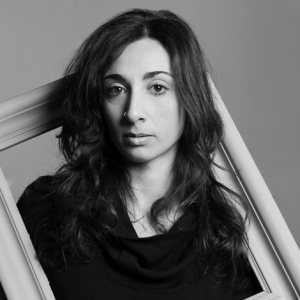
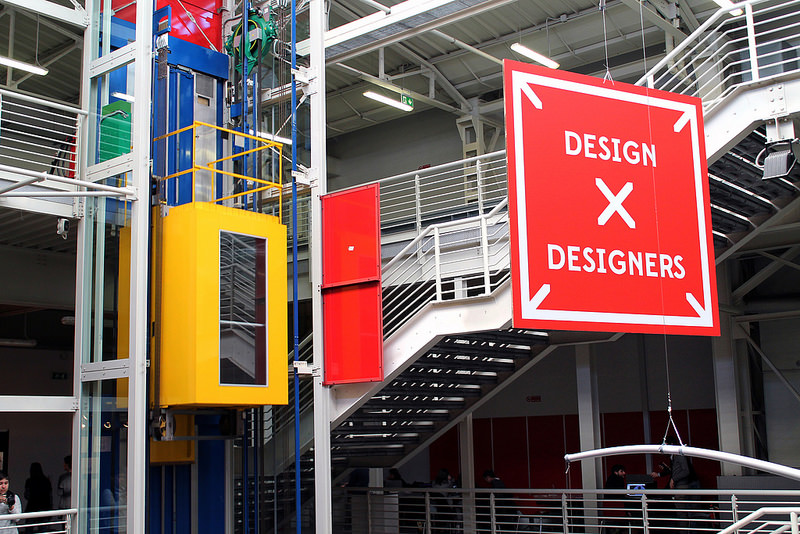
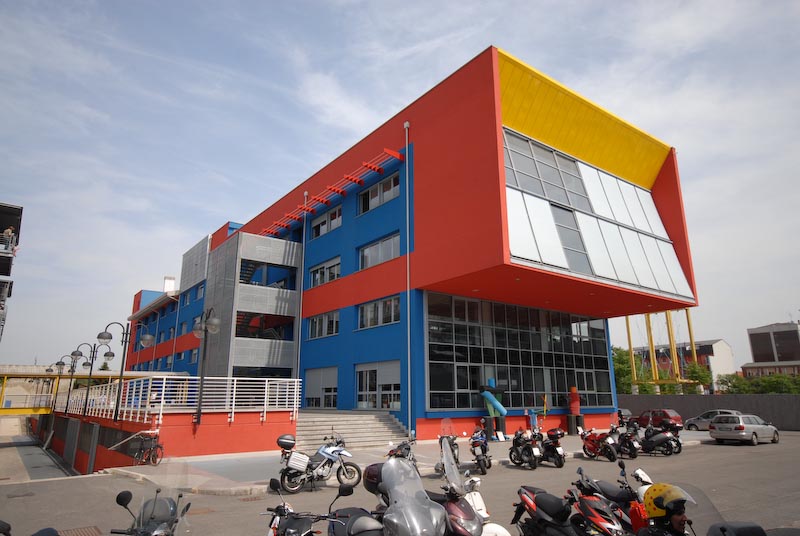
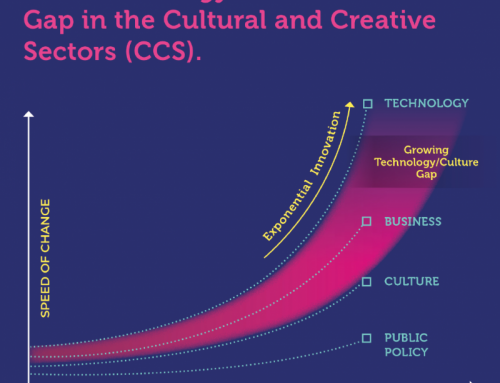


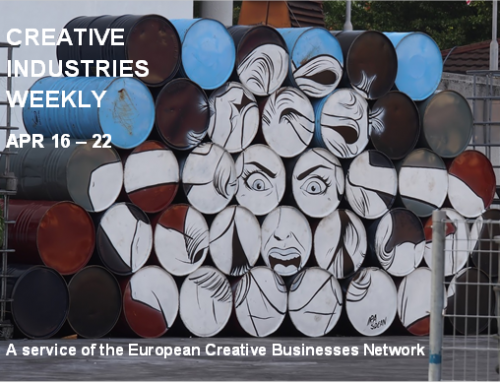

Leave A Comment